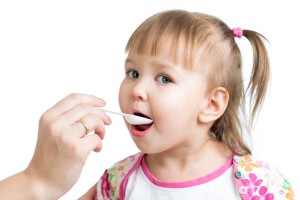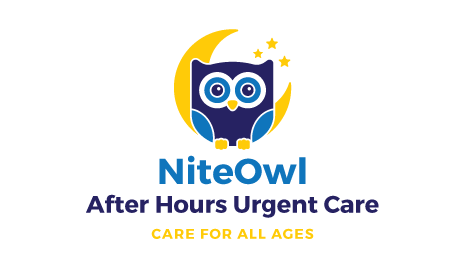 We all know the dangers of not giving your children the correct amount of medication. In addition to giving them the proper dosage, it can also be a challenge to keep those curious hands away from potentially harmful medicines.
We all know the dangers of not giving your children the correct amount of medication. In addition to giving them the proper dosage, it can also be a challenge to keep those curious hands away from potentially harmful medicines.
The leading source of poisoning in children is medication. A survey from 2011 stated that almost 68,000 children were brought to the emergency room as a result of medication poisoning. It is important to keep all medications out of sight and reach from children. Also, be sure to store vitamins, medicated creams and drops out of reach as well.
Safely using medication also includes only using them when necessary. In a variety of cases non medicinal remedies can be equally as beneficial in aiding in a quick recovery. Rest and fluids are some of the best treatments for illness, especially for colds or flu.
When your pediatrician prescribes a medication, be sure to ask him or your pharmacist any questions you have in regards to proper dosing or potential side effects. Since too little medication can be ineffective and too much medication can be harmful, it is important to be aware of the proper dosage for your child based on their weight.
When giving your child an over the counter medicine such as acetaminophen and ibuprofen, be sure to consult your doctor. These medications should only be given on an as needed basis. Keep in mind that over the counter cough and cold medications are not recommended for children under the age of 6.
Here are basic reminders when it comes to medication safety with your children.
- Before giving your children left over medication or any over the counter products, consult with your doctor to be sure that your child’s symptoms require medicine.
- Never give your children medication that is designed or prescribed for adults.
- When giving your child that was taken as needed for a previous illness, check the label to ensure that the medicine is still in date.
- Do not give children any medication that has been prescribed to someone else.
- When purchasing any over the counter medicines, check the package to be certain that it hasn’t been tampered with and that the medication has not expired.
- It is also important that your child finishes the entire prescription, even after they begin to feel better.
- Read all instructions and information before giving your child the medication.
- Be sure to consult the packaging and make sure that the medication doesn’t need to be taken with food.
- Do not use kitchen spoons, tablespoons or teaspoons when measuring medication as they do not provide standard measurements.
- Select a medication dispensing device from your local pharmacy to properly measure the correct dosage. You can choose from prescription dispensing spoons, pacifiers or plastic droppers based on your child’s age.
